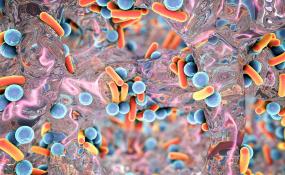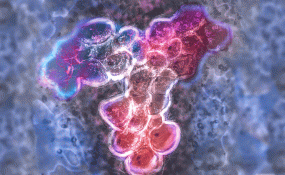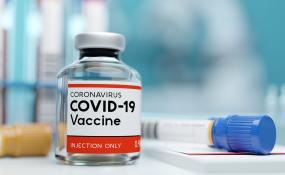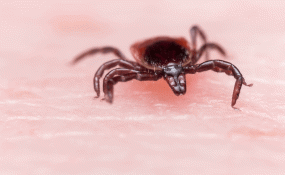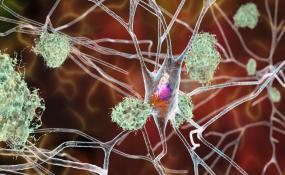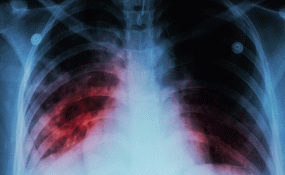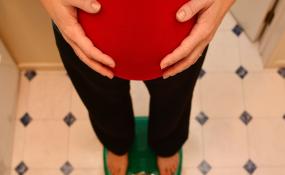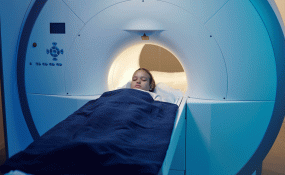Rutgers Health News
The donation will increase clinic hours for underserved communities across central New Jersey.
A Rutgers researcher leading a trial found that the novel combination antibiotic sulbactam-durlobactam combats dangerous pneumonia at least as well as the best currently approved treatment.
Rutgers University researchers plan to provide serologic antibody testing to help determine the incidence of Long COVID and the effect that this condition has on children as part of the National Institutes of Health RECOVER Initiative.
A new study by the Centers for Disease Control of children with profound autism, the most severe form of the condition, found that cases are increasing, and those most likely to be diagnosed are poor, female and non-white.
Animal studies indicate that a new COVID-19 vaccine developed at Rutgers may provide more durable protection against SARS-CoV-2 and its emerging variants than existing vaccines.
Rutgers issues recommendations for detection of neurologic Lyme disease by rheumatologists
Rutgers is researching a new health care model that emphasizes primary care and prevention over emergency care in underserved communities.
Mutating cells can prevent the spread of cancer by flipping themselves into a state of reduced activity called senescence. Cancer genes, however, can retaliate by reviving those cells so they can replicate again.
New Jersey’s first center of its kind aims to improve health outcomes and reduce the overall costs of care for an underserved population.
The university is participating in the effort to determine the efficacy of what could be the first vaccine to prevent Lyme disease in children ages 5 to 17.
Half as many children in the United States were diagnosed with asthma in the first year of the COVID-19 pandemic compared to previous years, and Rutgers researchers think fewer colds may be part of the reason.
Increasing exposure to bomb blasts has shifted injury patterns and left thousands of veterans with irreparable damage, according to a Rutgers study.
Research findings from Rutgers, the University of Michigan, the University of Texas Southwestern, and the Medical University of South Carolina could save lives by enabling faster and more accurate identification of hospitalized patients who need liver transplants or are likely to recover.
Rutgers researchers propose new way to assess medical marijuana use.
Emergency physicians increased naloxone co-prescribing when opioids were prescribed, Rutgers study finds.
Emergency physicians increased naloxone co-prescribing when opioids were prescribed, Rutgers study finds.
New Jersey’s rate of 8-year-olds diagnosed with autism spectrum disorder is the third highest in the nation.
Rutgers New Jersey Medical School will coordinate a worldwide effort to stop one of the most deadly infectious diseases from spreading.
People whose mothers were overweight during pregnancy and nursing may become obese as adults because early overnutrition rewires developing brains to crave unhealthy food, according to a Rutgers study in Molecular Metabolism.
Rutgers Biomedical and Health Sciences Chancellor Brian Strom leads investigation of the medications’ co-prescription and veteran overdoses and deaths.
Rutgers study finds detection tools used for at-risk adults fail to predict the neurological disorder in young patients.
A Rutgers expert discusses the importance of sleep — and how little we are getting.
Rutgers emergency medicine experts highlight the importance of this lifesaving procedure for children’s activities.
Vets4Warriors, a military peer support program staffed by veterans, is bolstering its volunteer network with the launch of the Vets4Warriors Ambassador Portal, powered by Wounded Warrior Project.


